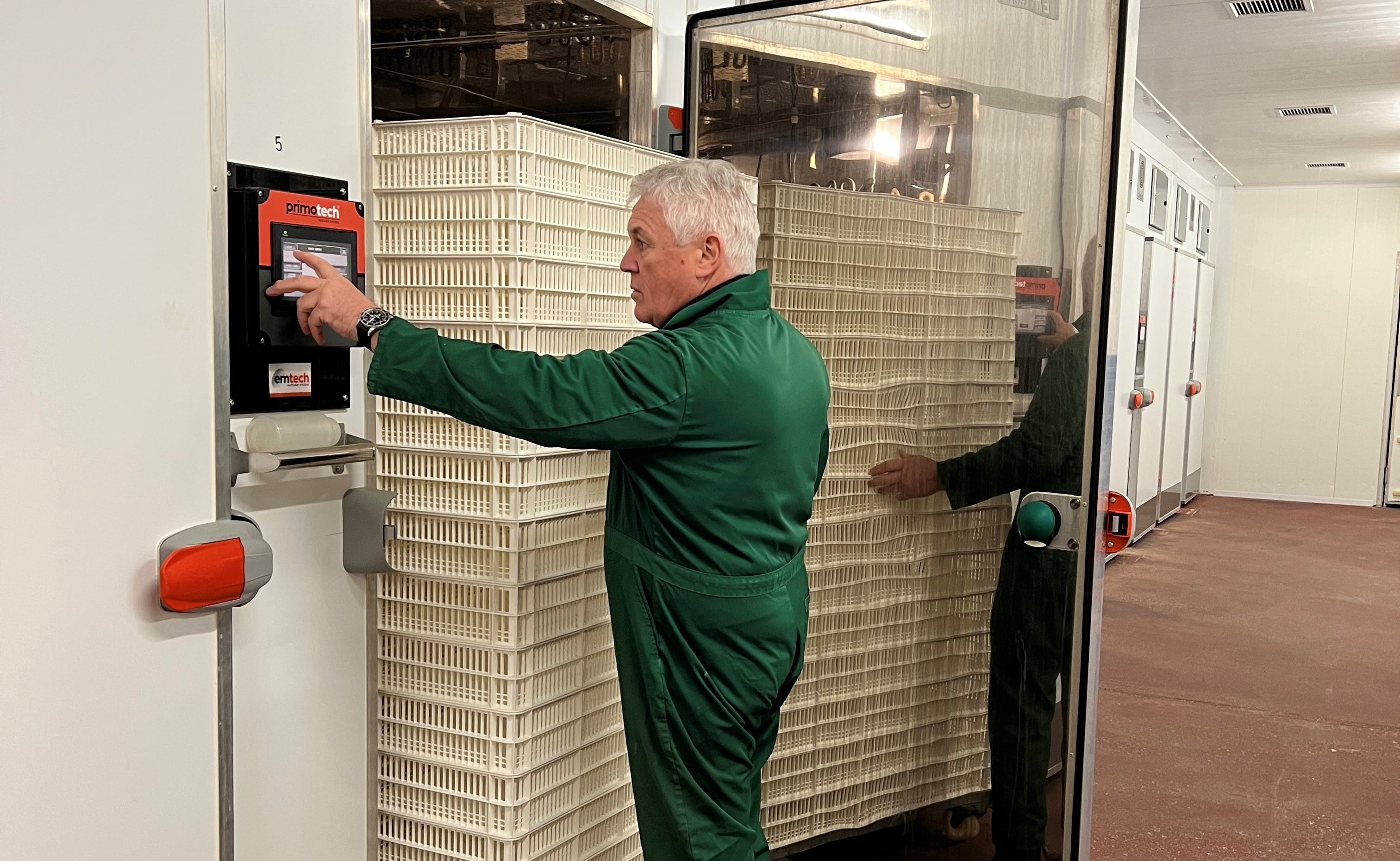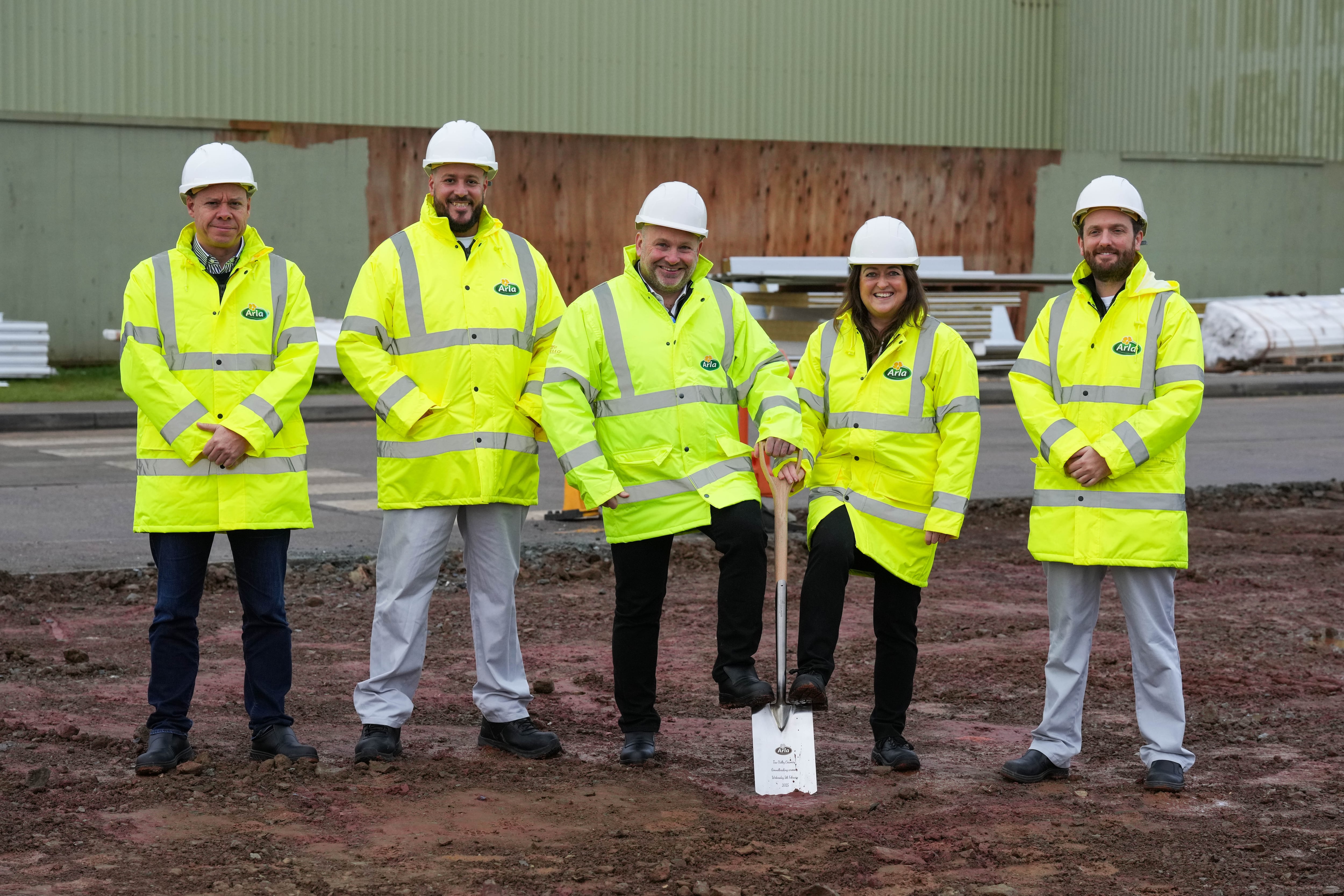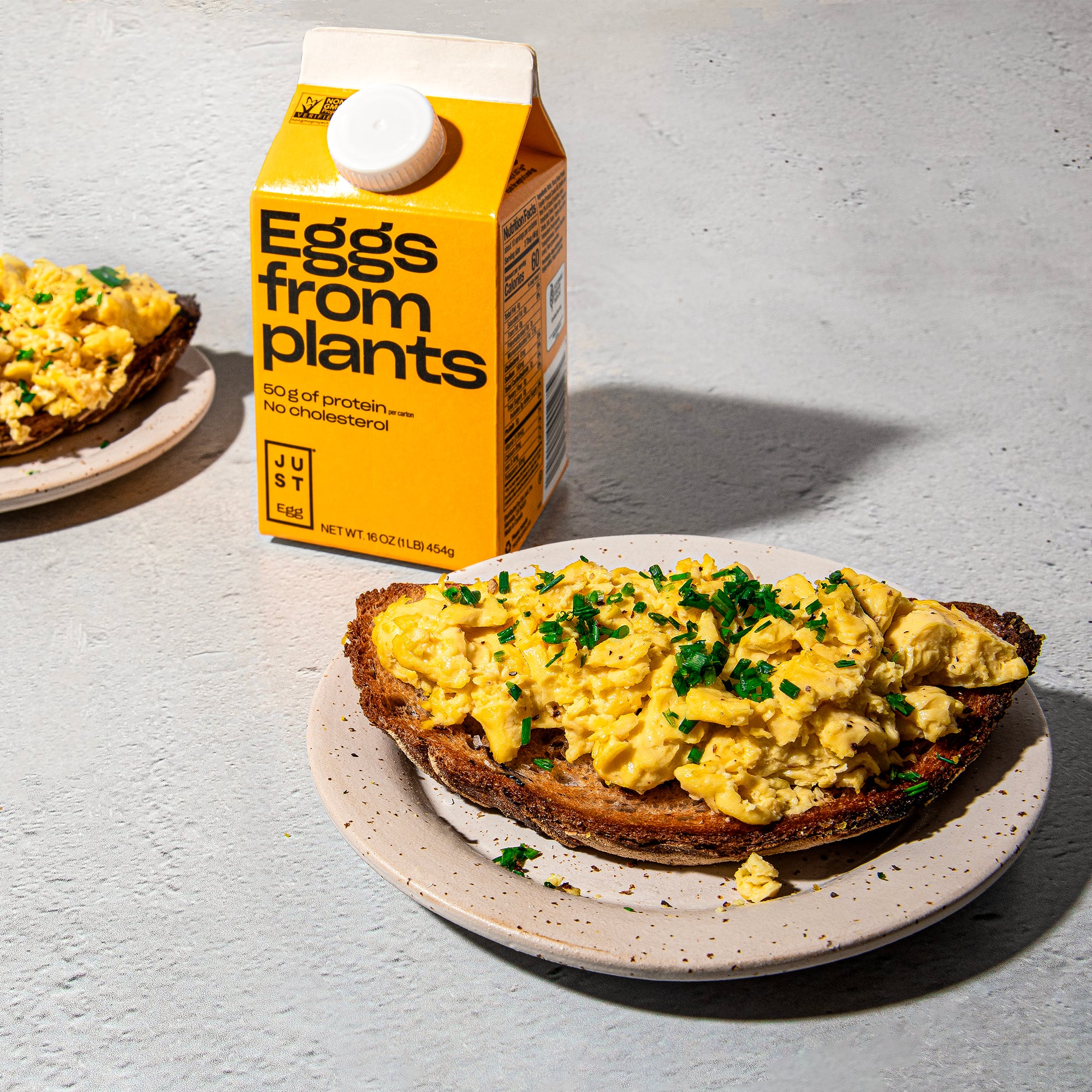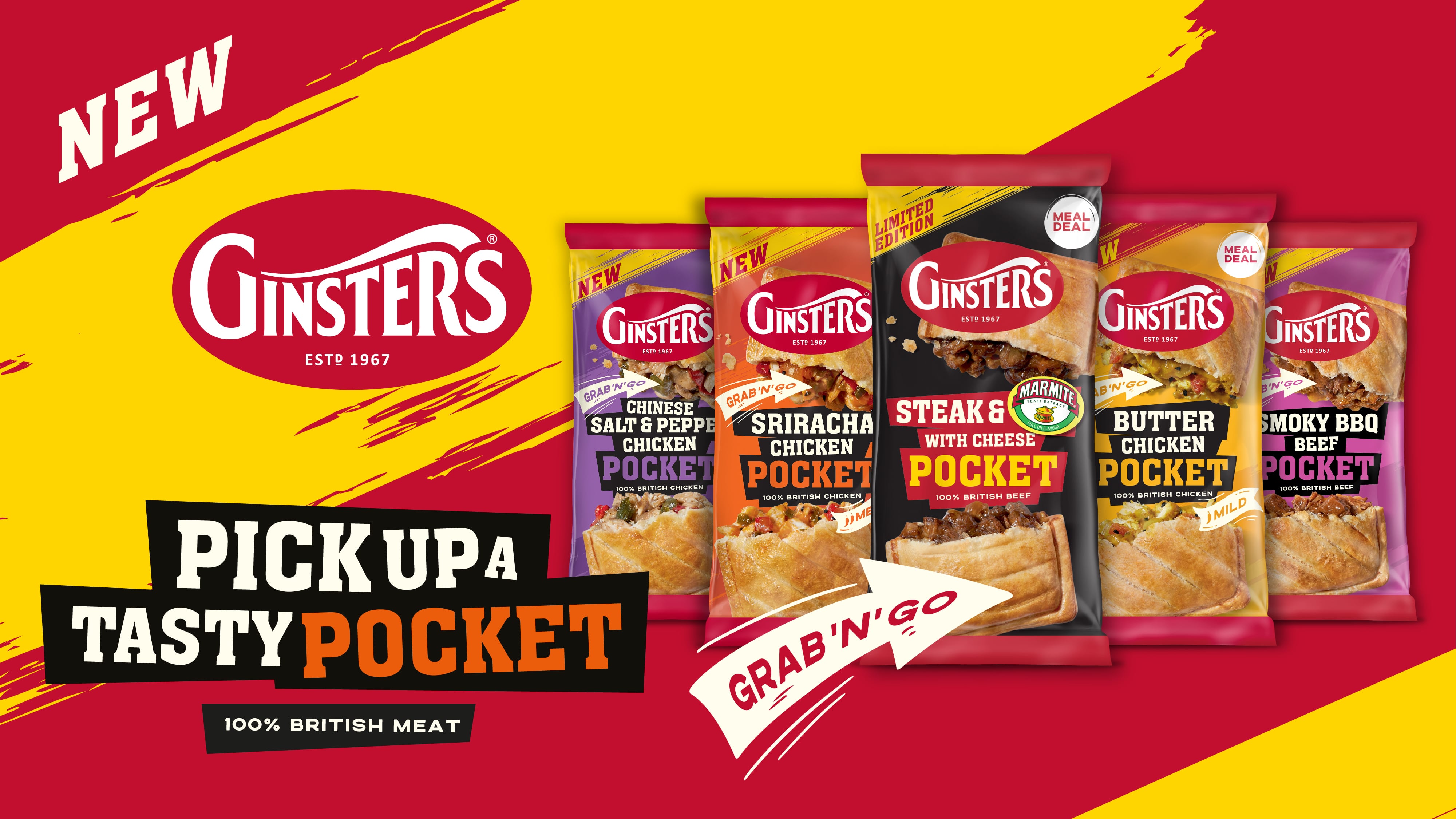The investment covers all aspects of the company, from its Danbury hatchery to the Claydons processing plant where new management systems and refrigeration and processing equipment have been installed.
Kelly Turkeys has also added new vehicles to its transport fleet, increased accommodation provided for seasonal workers at Danbury and six new posts added to the regular work force.
Commenting on the investment, managing director Paul Kelly said: “We are investing in our future. Our Christmas turkeys and the meat products are doing very well – and we’re very excited about that – but the breeding and hatchery business is facing significant challenges. Our investment in new hatchers will help us ensure high poult quality into the next 20 years.”
New range
The company more than doubled its volume of Christmas turkey sales in recent years and last autumn launched a new range of slow growing, farm reared turkeys along with new speciality products available through the year.
“Our ‘Krafted by Kelly’ confit turkey thighs take advantage of the classic cheaper cuts of meat from our breeding hens,” Kelly added. “This product is building sales through several channels and gaining some excellent customer reviews. We are now doing turkey paupiettes and a stuffed turkey thigh meat joint – and are focusing on further product development with some exciting introductions.
“Alongside this we have massively extended our range of whole birds – offering a turkey that is premium, but not super premium, like KellyBronze. Using our depth of knowledge and our unique genetic pool built up over 30 years, these turkeys are more accessible in price to appeal to a wider audience.”
Poultry market
The investment into value-added products and a broader range that catered to lower budgets followed an overall decline in the poultry market in the last five years. Last year, Kelly Turkeys’ hatchery sold 30% less poults than it did five years ago, attributed to poor export sales and struggling butchers.
“Brexit and the risk of border delays is the number one reason for the decline in our poult export orders,” Kelly explained. “We sold a lot more hatching eggs for export rather than poults but they are not as profitable – we have at least retained the business.
“Another reason for the decline in poult sales is the way independent butchers are not supporting British turkeys as they’ve done for generations. Unlike the multiple retailers, many butchers are now buying cheap, lower welfare imported butterflies which leads to British farmers producing fewer turkeys.”
Meanwhile, beetroot juice maker James White Drinks has invested a quarter of a million pounds in new machinery at its Suffolk factory.





